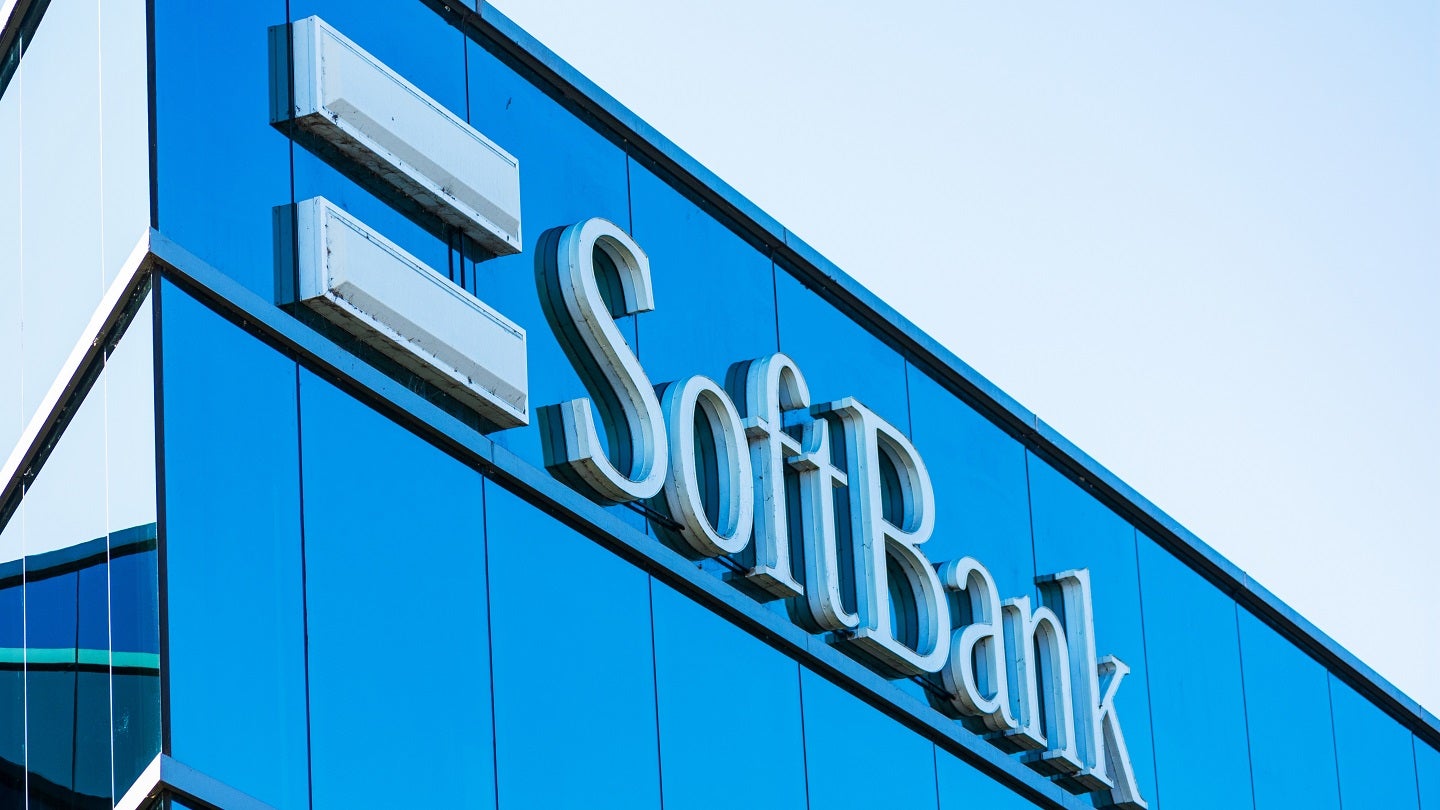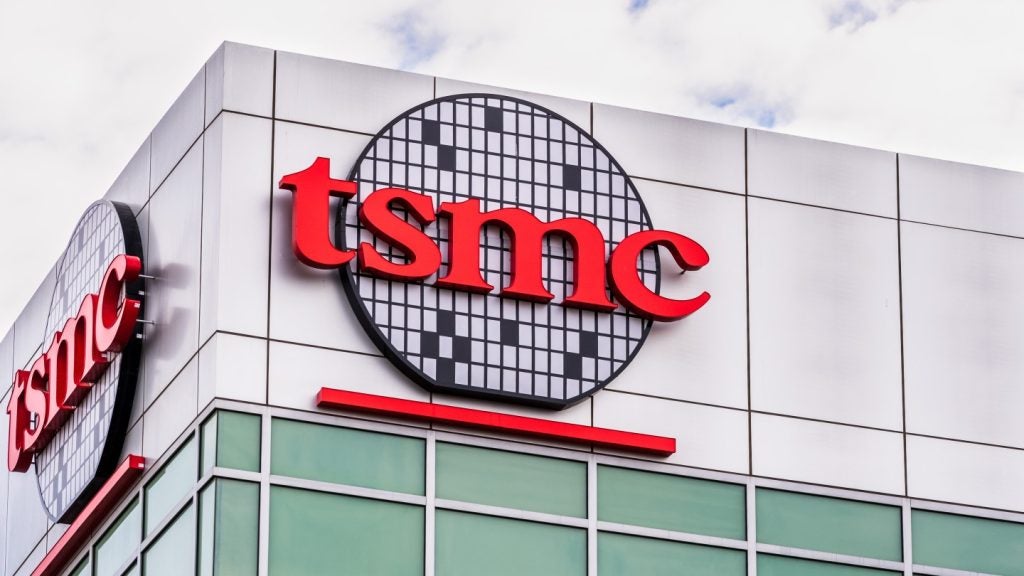
SoftBank has abandoned its initiative to create an artificial intelligence (AI) chip in collaboration with Intel, a move that aimed to rival the market leader NVIDIA, reported the Financial Times.
The decision came as Intel reportedly struggled to meet the production volume and speed requirements set by SoftBank.
This development marks a shift in SoftBank’s strategy to position itself at the forefront of the AI technology wave.
The Japanese investor has envisioned a comprehensive plan that involved not just chip production but also software development and powering data centres.
SoftBank CEO Masayoshi Son had proposed to invest billions of dollars to realise this vision, which included leveraging the design capabilities of ARM and Graphcore.
However, the negotiations with Intel fell through in the months preceding Intel’s cost-cutting announcement, which included layoffs.
How well do you really know your competitors?
Access the most comprehensive Company Profiles on the market, powered by GlobalData. Save hours of research. Gain competitive edge.

Thank you!
Your download email will arrive shortly
Not ready to buy yet? Download a free sample
We are confident about the unique quality of our Company Profiles. However, we want you to make the most beneficial decision for your business, so we offer a free sample that you can download by submitting the below form
By GlobalDataSoftBank is now redirecting its efforts towards contract chip making giant Taiwan Semiconductor Manufacturing Company (TSMC).
A successful partnership with Intel could have potentially allowed SoftBank to benefit from the US government’s Chips Act funding, aimed at bolstering domestic semiconductor production.
Despite the setback, Son remains undeterred and continues to seek support and financing from major tech companies, including Google and Meta.
The vast investments required for chip production could potentially be offset by advance orders from these tech giants.
However, securing production capacity poses a challenge, as TSMC is already struggling to meet the demands of its current clients, such as NVIDIA.
The collapse of the discussions with Intel has been attributed to the chipmaker’s inability to fulfil SoftBank’s demands, yet there remains a possibility that talks could resume due to the limited number of manufacturers capable of producing advanced AI chips.
Intel, SoftBank, Arm and Mera refrained from commenting on the matter. Requests for comments from Google did not elicit a response, the publication said.
As the plan evolves, Son may need to find another partner to supplement the chip design expertise initially expected from Intel.
While the total investment for this venture could reach tens of billions of dollars, precise figures are currently speculative.
Son has approached investors in Saudi Arabia and the United Arab Emirates, but no agreements have been confirmed.







